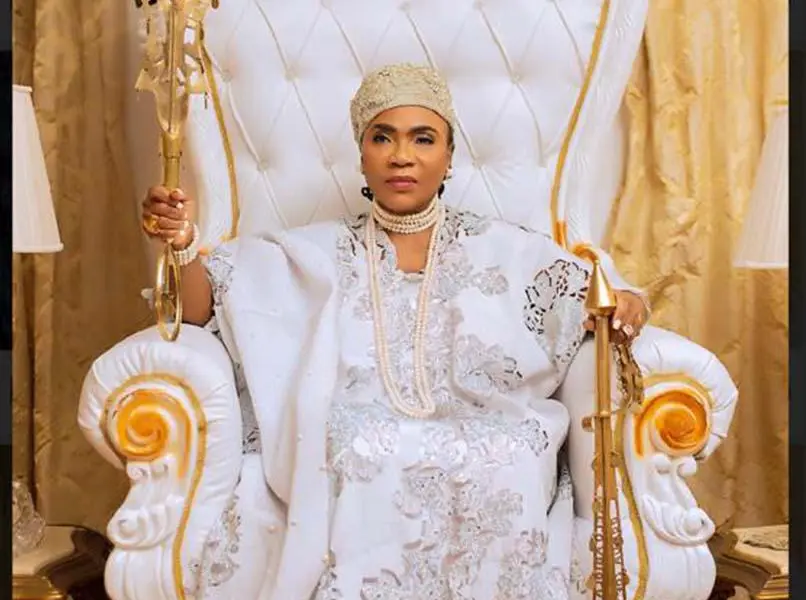
When Donald Jordan, the author of “Usefulness of Useless Knowledge,” remarked that “history is an aggregate of half-truths, semi-truths, fables, myths, rumors, prejudices, personal narratives, gossip, and official prevarications,” he likely expressed frustration with the historical contradictions of his era in Benin .
Karl Marx’s observation that history repeats itself first as a tragedy and later as a farce further emphasizes the enduring inconsistencies in historical narratives.
While acknowledging these historical complexities, it’s crucial not to dismiss the instructive value of history. The ongoing debate about the founders of Lagos exemplifies a recurring pattern in history – a tendency for distortions to accommodate various interests and contexts.
Niall Ferguson, the author of “The War of the World: History’s Age of Hatred,” warns against the potential misrepresentation inherent in oral history. This caution is particularly relevant to the current Lagos debate, where various historians present conflicting interpretations of the city’s origin.
Erelu Abiola Dosunmu, Her Royal Highness and a direct descendant of the Lagos kingship, holds a unique position as a custodian of the city’s history. In an interview as reported by Vanguard Newspaper, she shared the narrative passed down by her ancestors, emphasizing the historical ties between Lagos and the Benin Kingdom.
According to her, the Benin considered Lagos an extension of their territory, using it for trade and interaction with foreigners.
The controversy resurfaced when the Oba of Benin, Ewuare II, restated historical claims during a visit to Lagos. Despite the ongoing debate, Erelu Dosunmu remains steadfast in her assertion that the history of Lagos is clear and rooted in Benin influence.
She highlights the historical practice of levying royalties on settlers, citing instances where the Benin sent expeditions to subjugate those who resisted. According to her, the Benin established their administration in Lagos after foreigners, particularly the Awori people, refused to pay royalties.
Erelu Dosunmu dismissed the ambiguity in the debate and asserted that the truth will prevail. She underscores the need for open discussions to reach a consensus, emphasizing the importance of analyzing historical accounts sensibly.
“Therefore, when I say that we are purely and predominantly Benin, it is the truth. The royalty of Lagos is predominantly Benin. But we have all intermingled and have since intermarried with people from Yoruba land and people from other places. And we are enjoying the two cultures. We are even enjoying it more because we now have Igbo, Hausa and other tribes settling in Lagos. We are not enjoying the Yoruba influence alone; we are also enjoying other influences.
“The Benin has always known about Lagos because they considered it part of their territory and they used it for many purposes. And when the Awori came from Ife to settle in the areas of Lagos, the Benin quickly got them to pay royalties. Benin was landlocked but, as Benin Empire, they were interacting with people from other parts of the world. It was Benin Empire and, when the Portuguese and others came, they also had to pass through the Kuramo waters to get there.
READ ALSO: “Go and Check Records, Benin Founded Lagos” – Oba of Benin Reveals
“They had already laid claim to the land called Lagos. Whether they gave it a name or not, it was an extension of their playground. And when another group of people came to settle there, the Benin said they already had authority over the palace. That was what informed their decision to make the Awori pay royalties. And after paying the Isakole for a while, they (Awori) decided not to pay anymore. That made the Benin to decide not to leave a vacuum anymore and set up an administration.
“That is why I am saying that there is no ambiguity in the history of Lagos if we are going to tell the truth. All these people, who have been talking, never mentioned that they paid Isakole but we all know that. It is written in books that they paid Isakole. That was the main reason the Benin came and took Olofin away. He refused to be subservient to them. The Benin came here because it is their territory.[/b]
“There is evidence that an expedition was sent from Benin, there is evidence that they were conquered because there was an obaship in place. Even if they did not have anything and just sent an expedition to conquer, when someone conquers, he takes over the land and property of the conquered territory. Now, we want to unify our views and have a consensus so that those people, who are trying to take our rights away, can be confronted to see if we can get some kind of compensation for our children,” she said.
Reflecting on a previous controversy surrounding the Eyo festival, Erelu Dosunmu stresses the significance of comprehensive research and dialogue. She believes that, despite challenges, a superior argument supported by logical analysis will ultimately prevail.
Regarding cultural ties between Lagos and Benin, Erelu Dosunmu acknowledges ceremonial exchanges and courtesies between the two kingdoms. While emphasizing independence, she recognizes the goodwill that exists between them.
In response to the current controversy, Erelu Dosunmu has taken the initiative to speak out, aiming to present a unified voice. She advocates for private discussions to resolve differences rather than allowing external forces to exploit the situation.
Erelu Dosunmu also offers insights into the challenges of oral history, emphasizing the need for logical analysis and considering the factor of time. She encourages a nuanced approach, combining common sense with an understanding of the temporal aspects inherent in historical narratives.


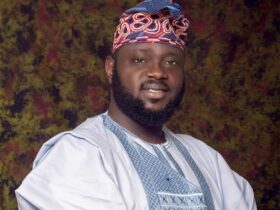
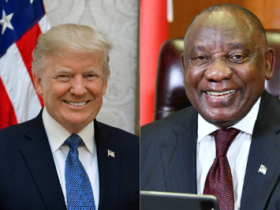
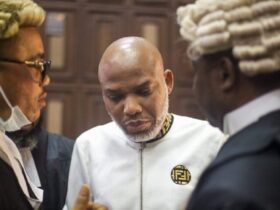
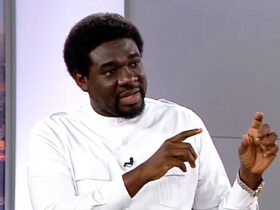

Leave a Reply